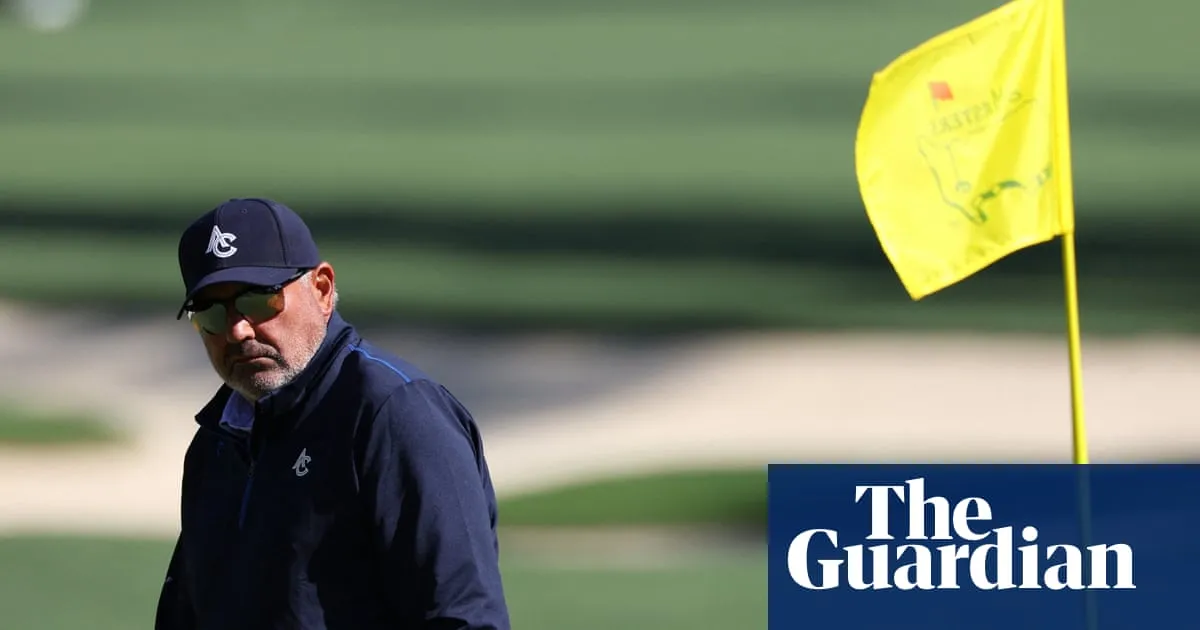
In a controversial move, Fred Ridley, the chair of Augusta National, has publicly defended the decision to allow Ángel Cabrera back into the prestigious Masters Tournament. This decision has sparked significant debate, particularly among women's rights advocates, due to Cabrera’s criminal history involving crimes against women. The former champion, who won the Masters in 2009, is currently serving a prison sentence after being found guilty of assault, theft, and intimidation against former partners.
Ángel Cabrera’s return to the Masters has raised eyebrows, especially considering he spent 30 months behind bars due to his convictions in 2021 and 2022. Critics argue that Augusta National should reconsider allowing a past winner to participate when their actions have resulted in serious legal consequences. Cabrera remains eligible to compete in the Masters, as the tournament’s rules permit past champions to play indefinitely. However, the appropriateness of honoring this entry condition has been a point of contention, particularly in light of his convictions for domestic violence.
Women’s rights campaigners have voiced their disapproval, with Jamie Klingler, co-founder of the Reclaim These Streets campaign, stating, “It seems as long as male athletes can excel at hitting a ball, we excuse those same men hitting women.” This sentiment highlights a broader societal issue regarding the treatment of male athletes who have committed acts of violence against women. The juxtaposition of Cabrera’s achievements in golf against his troubling past raises important questions about accountability and the standards upheld by sports organizations.
During his traditional pre-tournament press conference at Augusta National, Ridley addressed the controversy surrounding Cabrera's invitation. He stated, “We certainly abhor domestic violence of any type,” reinforcing the organization’s stance against such behavior. Ridley further explained that Cabrera has served the sentence prescribed by the Argentine courts and, as a past champion, he was rightfully invited to participate in the tournament.
In light of the criticism, Cabrera has expressed remorse about his past actions. Attending the Masters champions dinner, the 55-year-old golfer stated, “I’m very grateful and obviously the people of the golf world are very great with me and I just appreciated the way they treated me.” He acknowledged the diverse opinions surrounding his return, emphasizing his commitment to making the most of his second chance. “Life has given me another opportunity. I have got to take advantage of that and I want to do the right things in this second opportunity,” Cabrera remarked, reflecting on a difficult period in his life where he recognized he was not making the right choices.
The discussion surrounding Ángel Cabrera’s participation in the Masters underscores the complex relationship between sports, celebrity, and accountability. As the tournament unfolds, it remains to be seen how this situation will influence public perception of both Cabrera and Augusta National. The ongoing dialogue about domestic violence in sports continues to be crucial, as advocates push for a greater emphasis on accountability and change within athletic organizations.